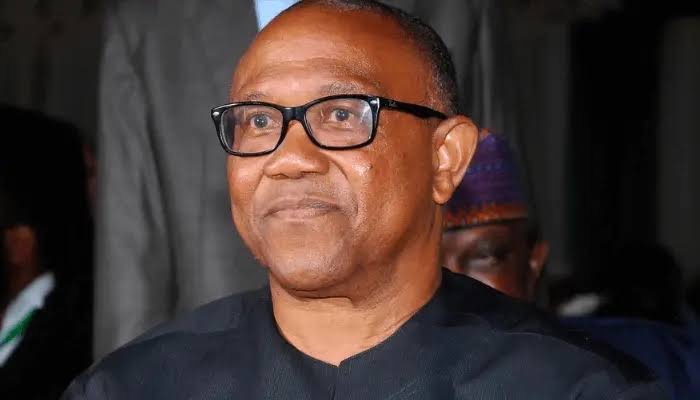A former National Deputy Campaign Manager for Obi/Datti in the 2023 presidential election, Isaac Balami has defected from the Labour Party (LP) and rejoined his former political affiliation, the All Progressives Congress (APC). Balami made this announcement during a press conference held in Abuja on Wednesday.
In elucidating his decision to switch parties, the Nigerian Aviation expert highlighted his disillusionment with President Bola Tinubu’s implementation of a Muslim-Muslim ticket within just one year of assuming office, a move that Balami had previously opposed. He had departed from the APC prior to the last presidential elections due to this ticket arrangement but has since realized its insignificance.
As the former third-ranking official in Peter Obi’s campaign team, Balami initially believed that the Labour Party possessed the necessary attributes to assume leadership in Nigeria and steer the nation towards progress. However, he lamented the party’s internal leadership turmoil and evident administrative shortcomings that ultimately led to its downfall.

Balami emphasized Tinubu’s commitment to inclusivity by empowering individuals from diverse religious and ethnic backgrounds, particularly Christian Northerners, during his tenure. He expressed his admiration for principles of equity and fairness, noting Tinubu’s unprecedented engagement with the middle belt region.
Reflecting on the crisis within the Labour Party, Balami concluded that the party’s structure and ideologies were insufficient to effect meaningful change in Nigeria. Following consultations with various leaders, including the middle-belt caucus, his family, and associates, he deemed it necessary to resign from the Labour Party and rejoin the APC. In praising the current administration’s efforts, Balami acknowledged the promising trajectory of the country’s development. He urged others to join him in collaborating with the APC to contribute towards the nation’s redemption.
It is worth recalling that when Balami initially transitioned to the Labour Party a year ago, he framed his decision as a sacrifice for the greater good of Nigeria and the multitude of youths who believed in his leadership.
Reflecting on the political landscape in Nigeria, it becomes evident that party affiliations and alliances play a crucial role in shaping the country’s future. Balami’s decision to switch from the Labour Party to the All Progressives Congress sheds light on the dynamic nature of Nigerian politics and the considerations that influence such transitions. It underscores the importance of aligning with a political party that aligns with one’s values and aspirations for the nation’s development.

In a country as diverse as Nigeria, where religious and ethnic differences often influence political decisions, the need for inclusivity and representation remains paramount. Balami’s emphasis on President Bola Tinubu’s efforts to empower individuals from various backgrounds highlights the significance of fostering unity and understanding among different groups within the political sphere. This inclusivity not only promotes diversity but also fosters a sense of belonging and participation among all citizens.
As Balami navigates his political journey and encourages others to join him in supporting the APC, it raises questions about the future direction of Nigerian politics. Will more individuals follow suit and switch parties based on evolving circumstances and ideologies? How will these transitions impact the overall political landscape and governance in Nigeria? Balami’s move serves as a catalyst for broader discussions on party loyalty, leadership values, and the pursuit of national unity and progress.



































